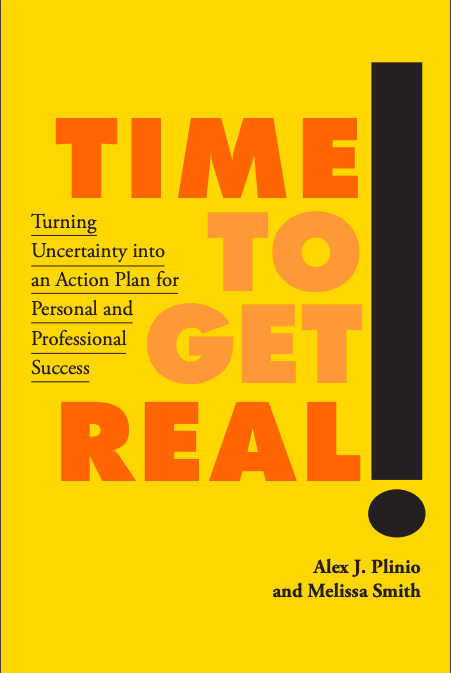Your life is spent in the minutes, hours, and days that are yours. How do you spend that time, and where do you spend that time? Does the way you spend your life seem to mirror your interests, joy, values, and relationships? If not, why not?
According to an article in the Wall Street Journal by Allison Pohle, “The Organization for Economic Cooperation and Development’s 2020 Better Life Index found that the U.S. ranks 30th out of 40 countries in terms of time devoted to leisure and personal care. With fewer Americans commuting to workplaces during the coronavirus pandemic, many are using that time to work even more, leading some to feel burned out. In a September survey of 310 organizations by the Conference Board, 46% of respondents said their work-life balance had decreased.”
An Intentional Approach to life balance
Life balance means something different to every individual and it is important that you determine what balance appropriately supports your mission, values, and goals. Healthy individuals have multiple sources of satisfaction. Are you regularly engaging in a variety of activities that bring you satisfaction? This is an opportunity to evaluate what is important to spend time on and what activities you need to diminish in your life.
Having a balanced life doesn’t happen by accident. It requires an intentional approach toward one’s life, aimed at achieving a comfort level that an individual desires in all areas that matter to them. It’s next to impossible to move immediately from being a workaholic to having a well-balanced life. Moving in a positive direction is a step-by-step process. It requires personal commitment.
Having a balanced life doesn’t happen by accident. It requires an intentional approach toward one’s life, aimed at achieving a comfort level that an individual desires in all areas that matter to them.
For example, Ken explained that his job required 12 -14-hour days to get the work done. Over time, he committed to a work reduction of one hour at a time until he reached the point where he, his employer, and his co-workers understood how much he was willing to invest in his job and what he needed outside of work to be a happy and healthy individual.
Integrating Life Balance
Life balance needs to be seen holistically and integrated with all aspects of your life and not as a pure balancing of your time, effort, and attention. You’ll need to think about those areas of your life where time spent must be reduced or eliminated and those areas where it must be increased. You’ll have to think about to whom you will need to talk--your boss, your spouse or your significant other, a friend--and you will need to think about taking action steps that are specific, measurable, attainable, realistic, and time-sensitive toward the vision you want.
Life balance needs to be seen holistically and integrated with all aspects of your life and not as a pure balancing of your time, effort, and attention. You’ll need to think about those areas of your life where time spent must be reduced or eliminated and those areas where it must be increased.
We know that what may appear to be the most intractable challenges to having a more balanced life can be met head-on and overcome. We have seen this in the people we coach and advise. The solution always appears to be that the challenge has to be named and accepted, and then one has to have the courage to take those first steps leading to incremental, positive change.
Our book is rated 4.5 stars on Amazon. Click here to buy the book.
If you would like more information about living a balanced life, we recommend reading chapter six in our book Time To Get Real!. Having an appropriate life balance is one component of the Life and Career Planning Model© featured in the book. This model is the framework for developing your own life and career plan. Should you choose to create your own plan, we suggest that you consider some amount of personal coaching that can help you to discern and activate your life’s mission and move you toward the best life and career that you deserve. Our coaching fees and services are flexible and meet a broad array of client financial and coaching needs. All Life and Career Planning LLC coaches are experienced and certified in the Life and Career Planning Model© and serve as your accountability partner. To inquire about working with a coach, click here.
















